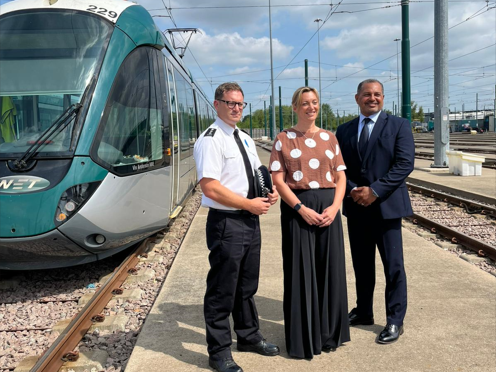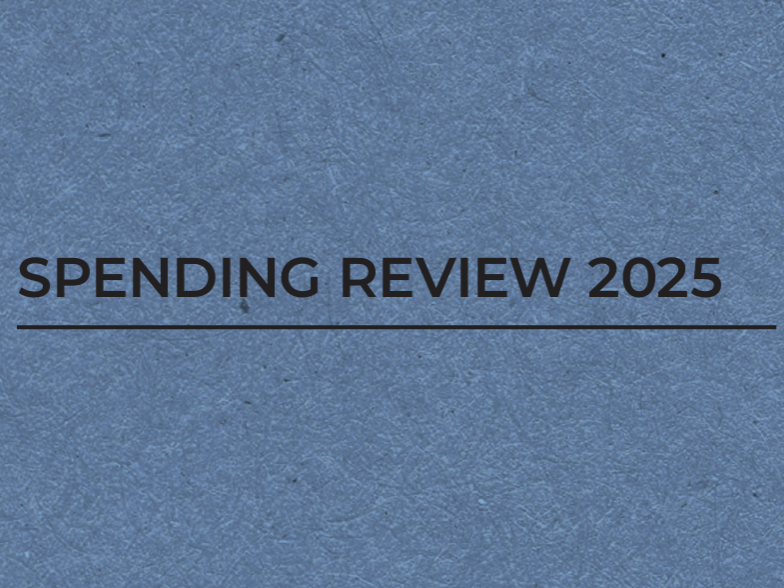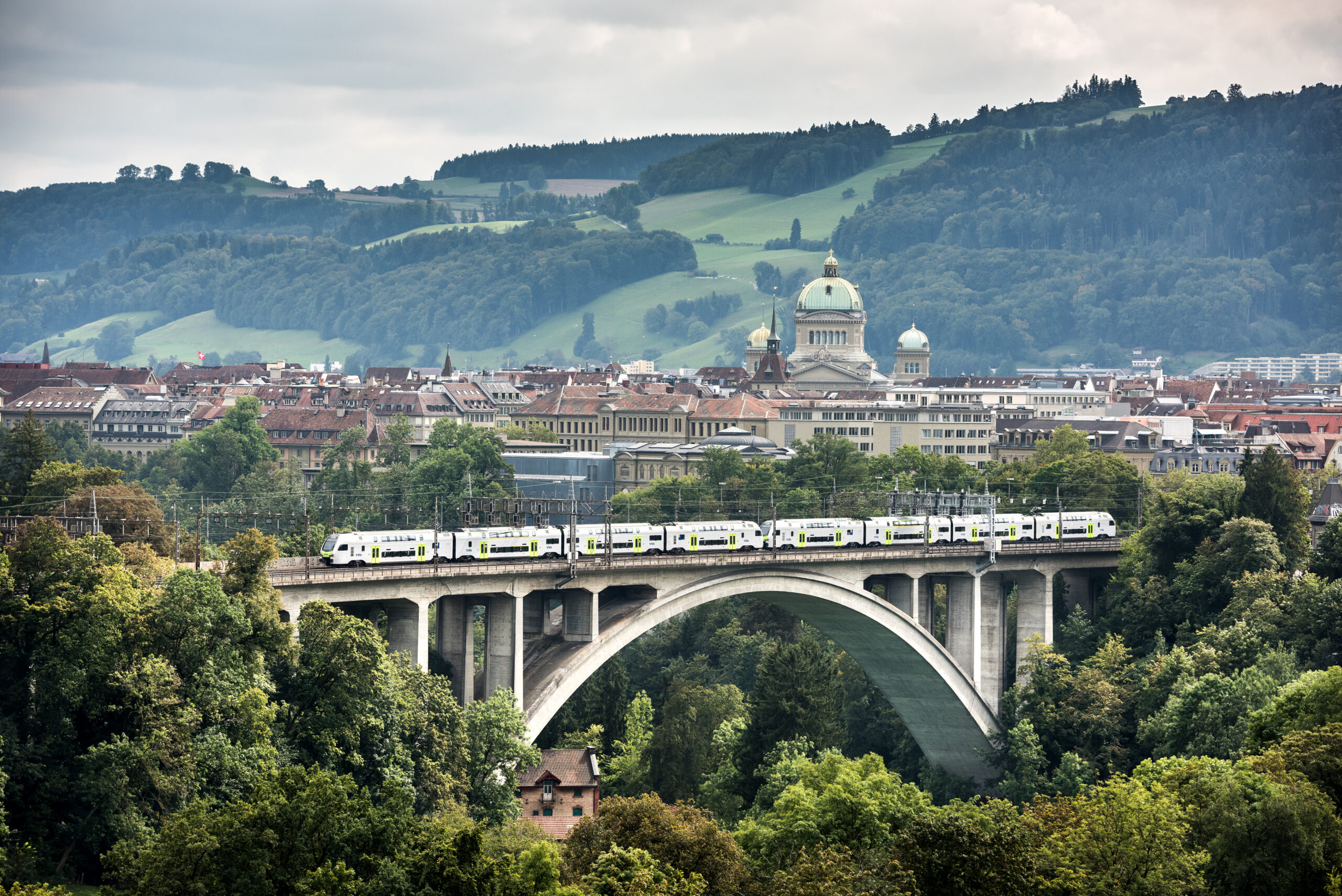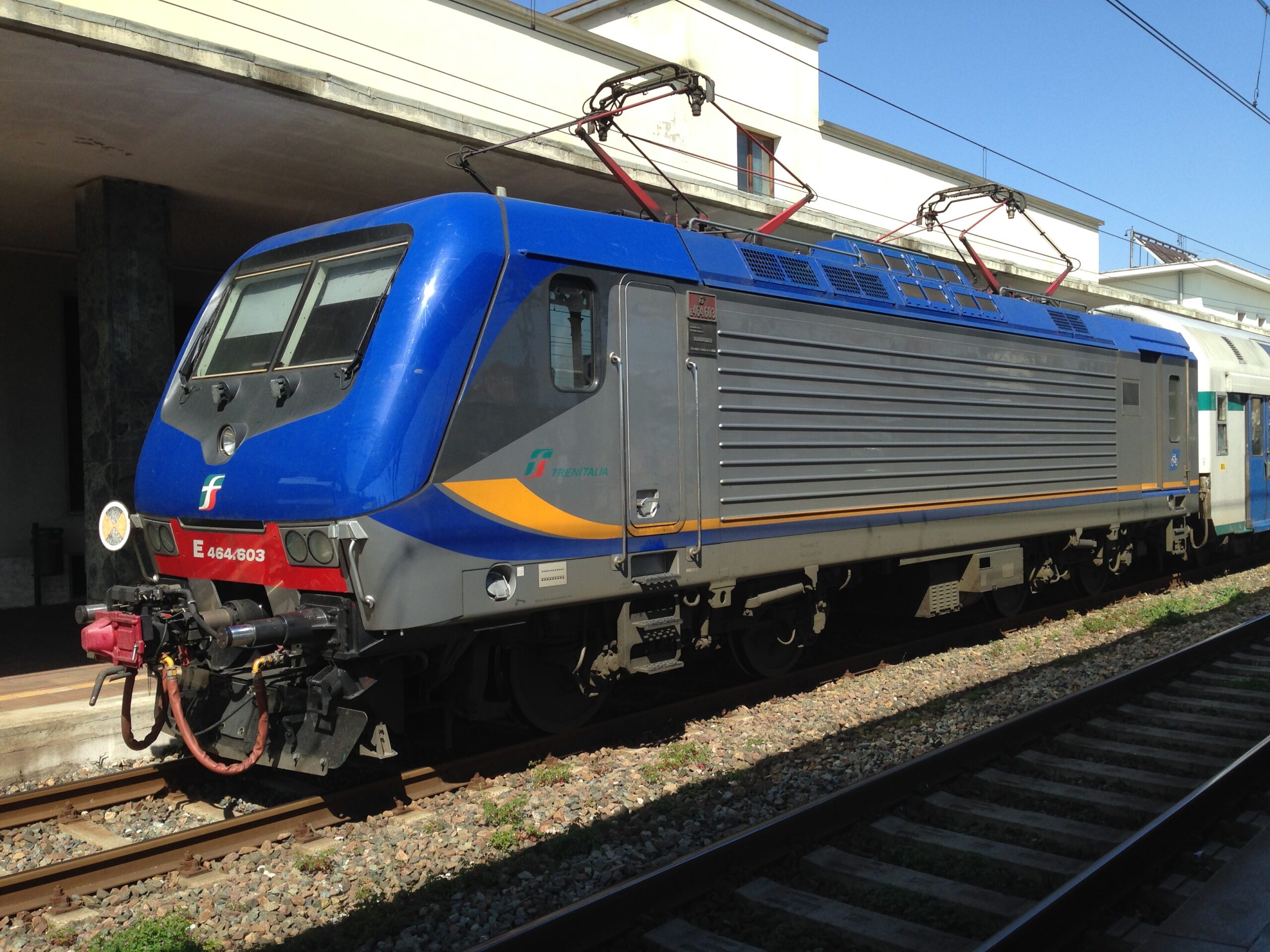In its May infringements package, the European Commission has sent a letter of formal notice to Germany to properly implement EU legislation with regards to the requirements for freight wagon braking equipment.
In line with the EU Directive 2016/797, concerning the interoperability of the rail system within the European Union (Recast of Directive 2008/57/EC), Member States should implement conditions in order to achieve interoperability. These conditions cover the design, construction, placing into service, upgrading, renewal, operation and maintenance of the parts of the rail system, along with the professional qualifications and health and safety conditions for the staff who are involved in its operation and maintenance.
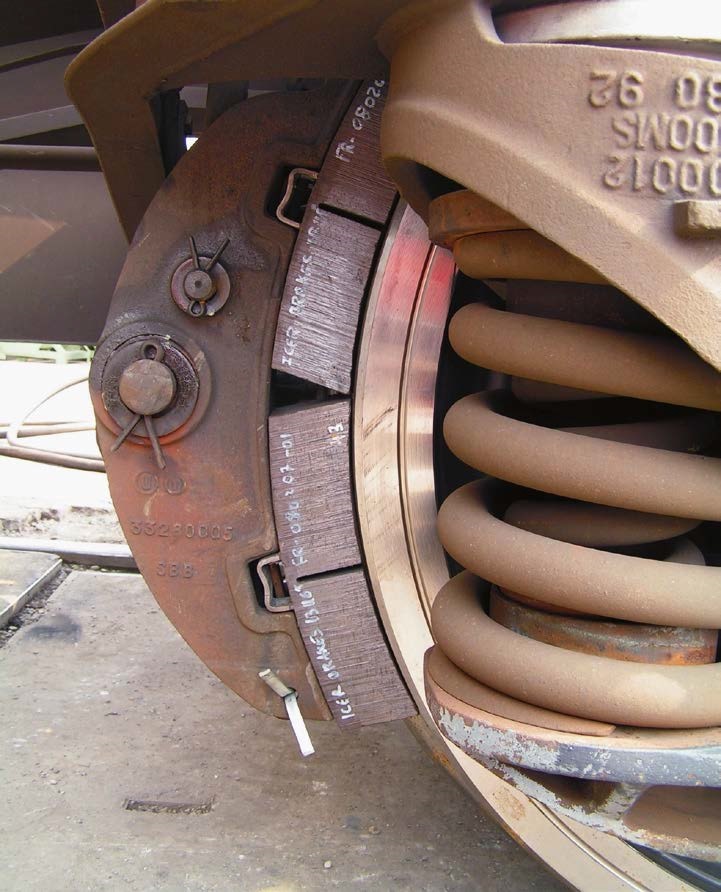
In this particular case the European Commission is of the view that national (German) provisions regarding requirements for freight wagon braking equipment are not compliant with EU law and interfere with interoperability goals. Consequently, Germany has four months to reply to the Commission’s arguments. If it does not, the Commission has the option of sending a reasoned opinion.
The Association of Swedish Train Operating Companies has expressed its approval of the European Commission’s decision in the infringements package. It has been working hard, it says, to mitigate the effects of the noise regulation for freight wagons that have been negotiated in the. Some Member States, such as Germany and Switzerland, have put in place advanced national requirements. This, the association says, will have ‘draconian’ effects on northern Europe’s freight transport from December 2020. The concern is that should Germany not repeal or mitigate the legislation that is not currently harmonised with EU law, then thousands of freight cars could be stopped at the border.
Tågföretagen initially made a request to the Commission to address this issue in October 2019.
The issue is not that Germany’s plans are in contradiction to EU measures, but that Germany’s efforts are overly accelerated. The implementation in 2020 would come four years before it was mandated by the EU. Although Germany has said it would make exceptions for older trains running slowly enough so as not to generate excess noise in order to assuage complaints from other countries, this assurance has not been sufficient. Germany’s position to date has been that this provision means that the EU-wide requirement of network access is maintained.
Poland, like Sweden, is among the countries unhappy with Germany’s decision, with the Polish government saying the ban “would violate the law of the European Union in a gross manner”.
What Freight Cars Are ‘Loud’?
Freight cars classified as ‘loud’ by the relevant German legislation are those that did not have to meet the Technical Specifications for Interoperability for noise (NOI TSI) at the time they entered service. These wagons are frequently equipped with cast iron brakes, which cause a lot of the noise coming from railway undertakings.
Noise Differentiated Track Access Charges
The European Union recognises noise as a central impairment to the wellbeing of its citizens and has therefore allowed Member States to implement noise-differentiated track access charges. Germany and Switzerland, along with the Netherlands and Austria, have done so. By making it more expensive to operate noisy freight wagons, it creates a financial incentive to invest in low-noise braking systems.
Also read:
- Germany Launches Rail Freight Noise Monitoring
- DB Progress on Reducing Rail Freight Noise Pollution
- DB’s Innovative Freight Car Project a Success
- All DB Cargo Freight Cars to Have Quiet Brakes by the End of 2020


















